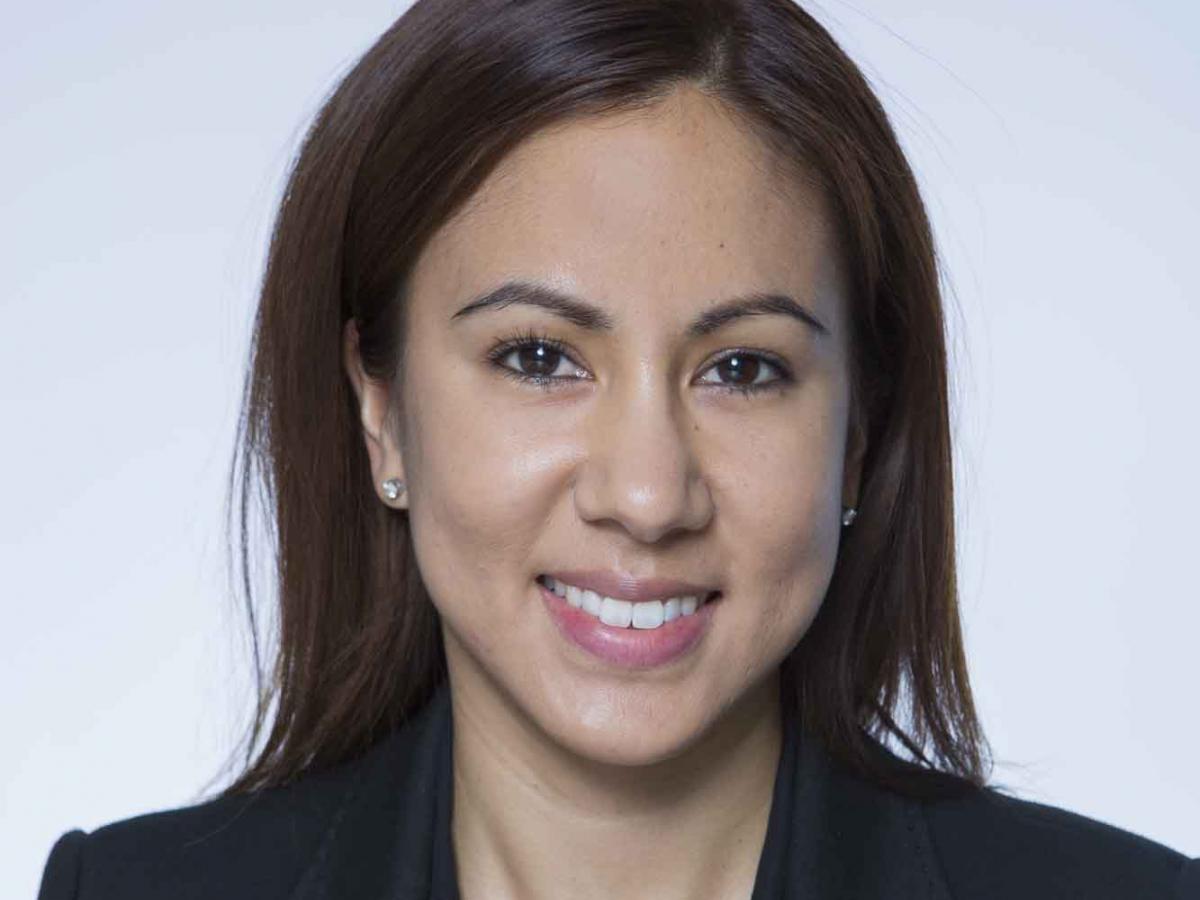Funding for Maggie Centenera and Zeyad Nassar
Maggie Centenera and Zeyad Nassar have both been successful in the latest round of funding from the University of Adelaide Faculty of Health and Medical Sciences Emerging Leadership Mentored Development Program.
These grants are designed to help promising young researchers to become more independent and increase their competitiveness for local, national and international funding opportunities.

Maggie Centenera
Maggie’s previous work has used our patient-derived explant (PDE) model to show that a drug called ribociclib is highly effective in reducing cancer cell growth. She will use her funding to identify proteins in PDEs that are associated with reduced growth. The eventual goal is to develop this protein signature into a diagnostic test that will help indicate which patients will best respond to treatment with ribociclib. She will be mentored by Prof Lisa Horvath at Chris O’Brien Lifehouse in Sydney, who is running a clinical trial on ribociclib in prostate cancer patients.

Zeyad Nassar
Zeyad has a novel project investigating lipid metabolising enzymes in prostate cancer and has shown that one of these enzymes is increased in cancer cells and may be involved in treatment resistance. However its basic biological role has never been investigated. Zeyad will use his funding to perform “–omics” analysis (global profiling of genes, proteins, lipids and metabolic enzymes) to determine the role of these enzymes in prostate cancer cells and identify important pathways that can be targeted with new or existing drugs. He will be mentored by Prof Johan Swinnen at KU Leuven in Belgium, who is world-renowned for his expertise on lipid and metabolic profiling in prostate cancer.
